Though concerns over the “swine flu” outbreak have eased, the virus continues to spread throughout the world. Also called the H1N1 virus, the World Health Organization (WHO) announced today that there are now 4,379 confirmed cases of the virus in 29 countries, with 49 deaths from the sickness.
The United States and Mexico still have the most cases of the virus, though it has now been found on most continents. This map shows all confirmed cases and deaths globally from the H1N1 virus. Images from around the world are capturing the disease's impact and people's reactions.
This photo was taken in Mexico, where the virus has been the most deadly. The WHO says that Mexico has reported 1,626 confirmed cases of the infection, including 45 deaths.
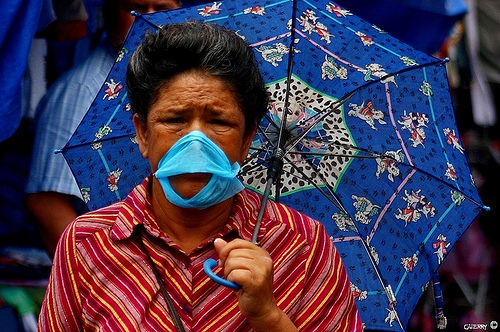
Photo by Guerry on Flickr
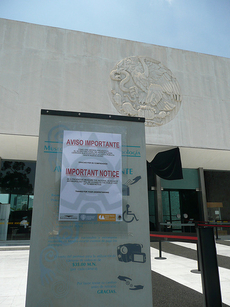
Photo by Chupacabra on Flickr
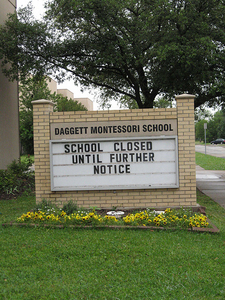
Photo by 19melissa68 on Flickr
When H1N1 was initially detected and started spreading in Mexico City it caused panic, said the photographer of this image. This photo shows empty shelves in a supermarket in the east part of Mexico City. The photographer added that authorities have stressed that there will be no shortage of food and medicine, which has slowed down hoarding.
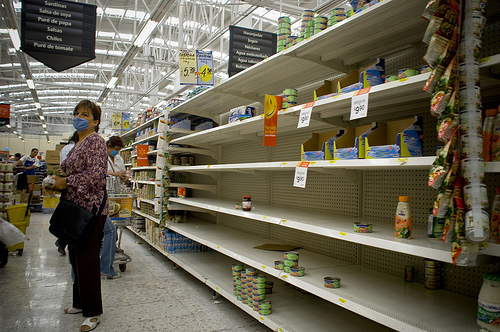
Photo by Enea on Flickr
From Mexico City to New York City, people in closed places such as the subway have been using face masks to try and avoid getting swine flu, since the virus is mainly spread between people through coughing and sneezing. But there's been much debate over whether these masks are actually effective.
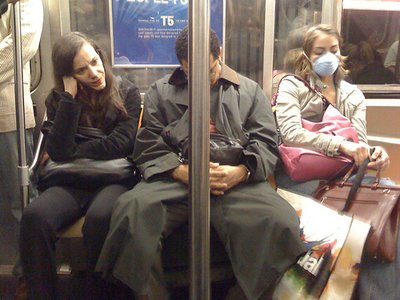
Photo of New York City by Swerz on Flickr
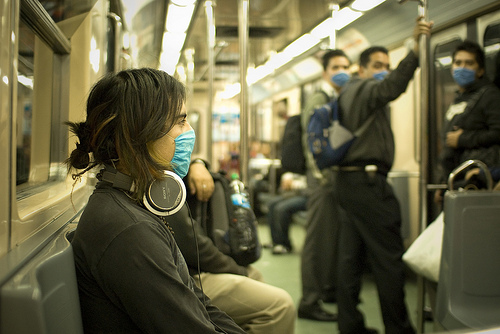
Photo of Mexico City by Enea on Flickr
Still, many people have used face masks to protect themselves, particularly when traveling, be it airline crew members or passengers. In this image, members of a flight crew wear masks as they wait for their luggage in an airport in Bogota.

Photo by laimagendelmundo on Flickr
This image shows the panic that also hit the U.K., which has 39 confirmed cases of swine flu. In response to the outbreak, Britain's Health Protection Agency announced last week that they have sequenced the full genetic code of the H1N1 virus, the first step in producing a European prototype of a swine flu vaccine.
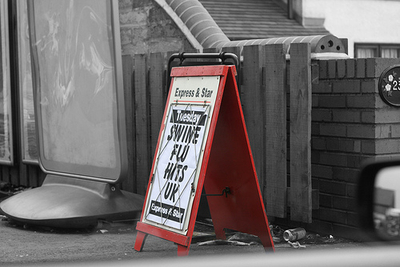
Photo by donebythehandsofabroken artist on Flickr
This image shows an elevator in Hong Kong that is sterilized regularly to prevent swine flu. Though there's only one confirmed case in China so far, the country has taken strong measures to prevent the spread of the virus. For example, on May 8 Hong Kong lifted a weeklong quarantine on a hotel where a Mexican swine flu patient stayed, releasing around 280 people who had been isolated in the building.

Photo by David Bailey MBE on Flickr
Finally, in this image people gather at the Metropolitan Cathedral Mexico City. The photographer said that they were praying for the sick, the government and the rest of the society, hoping “they make ‘good decisions’ against the swine flu epidemic in our country.”
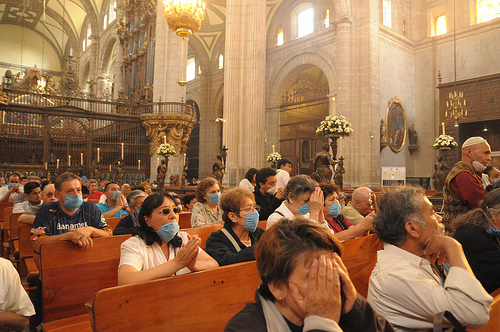
Photo by Sarihuella on Flickr







1 comment
I think everybody got way too worked up due to sensational media coverage. It shows in the pictures